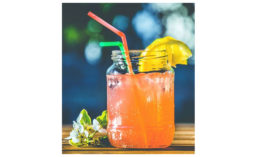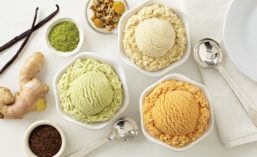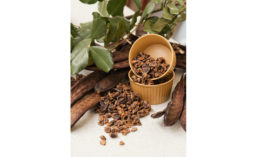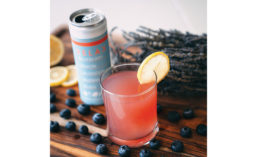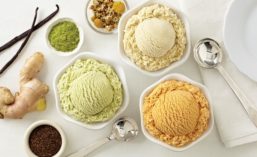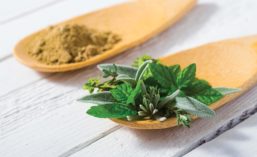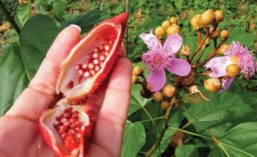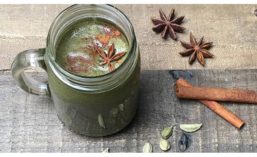Articles by Kerry Hughes
Evidence mounts on the important link between the gut and brain, as studies show the nutritional alteration of gut function is tied to enhancements in cognition
Read More
Food & Mood
According to the American Psychological Association, 80% of US adults are stressed out over the future
May 12, 2021
Trends & Applications for Botanical Ingredients
Plant-based protections and remedies are an undeniable part of consumer preference for natural solutions
May 7, 2021
2021 Predictions: BOTANICALS
Plants Used as Food and Medicine Continue to Intertwine
Assaults on physical and mental health are compounding the toll already taken on an aging yet active population
December 17, 2020
Plant-Based Popularity is Making Better-For-You Botanicals Bigger Than Ever
Botanicals 2020: Today's botanical ingredients are inclusive of plants, fungi, and algae
April 29, 2020
2020 PREDICTIONS: BOTANICALS
Plant-Based Trends Are Growing Wild
Botanical Futures: Consumers seek natural answers to everything from everyday health and wellness maintenance to preventing serious conditions
December 13, 2019
Emerging Botanicals
Consumers are moving out of their comfort zones to explore more bioactive ingredients
April 3, 2019
2019 Predictions: Botanicals
Botanicals Keep Growing in Food Product Development
Flavor and health are driving an herbal renaissance
December 12, 2018
Unlock the Future of Food and Beverage Innovation
Are you a leader in research & development? Stay ahead of the curve with Prepared Foods, the premier source of information and insights for today's trend leaders and taste-makers in food and beverage manufacturing.
JOIN TODAYCopyright ©2025. All Rights Reserved BNP Media.
Design, CMS, Hosting & Web Development :: ePublishing
